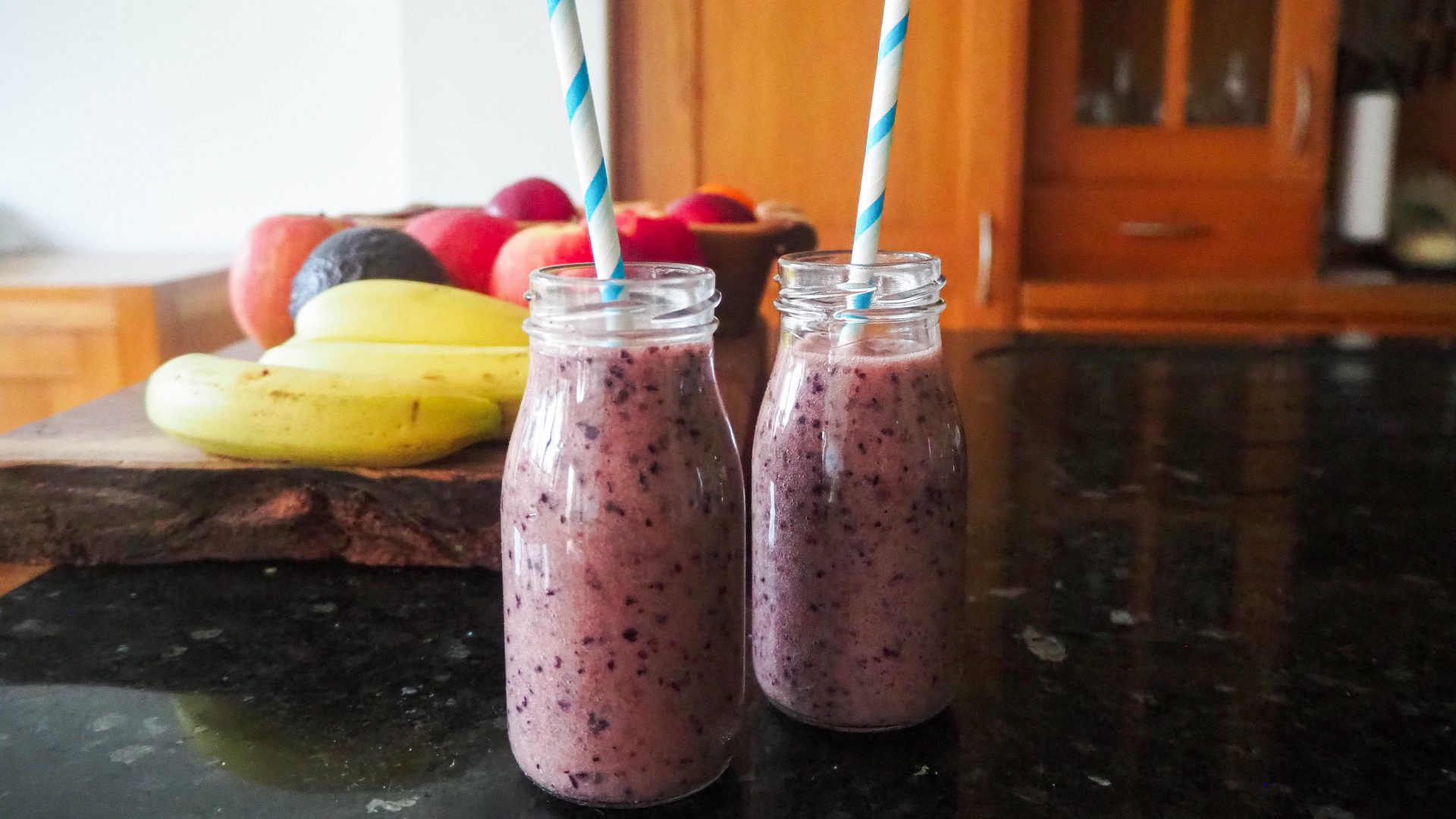
Let’s look into IBS, the symptoms associated with IBS and the menstrual cycle including the sex ratio in IBS is highly skewed towards the female gender – Meleine & Matricon (2014)
Sex hormones play a key role in IBS physiopathology
Fluctuations in IBS symptoms during the menstrual cycle, especially exacerbation of abdominal pain at menses
IBS patients report that their symptoms (pain, bloating, altered bowel habits) are more severe in the perimenstrual period – Mayer et al. (1999)
IBD patients also report that they experience IBS symptoms around their menstrual cycle –
A very interesting study with regards to menstruation and IBS: PMCID: PMC1773170
Looks and monitors IBS symptoms in women who suffer with IBS and women who do not suffer with IBS. They previously uncovered that the menstrual cycle has no effect on rectal sensitivity of normal healthy women, despite them having looser stools at the time of menses. Patients with irritable bowel syndrome (IBS) often report significant exacerbation of their IBS symptoms with menses, raising the possibility that IBS patients may respond differently to the menstrual cycle.
Irritable Bowel Syndrome (IBS) is a common gastrointestinal disorder characterised by symptoms such as abdominal pain, bloating, diarrhea, and constipation. For many individuals with IBS, these symptoms often worsen or fluctuate in severity during certain times of the menstrual cycle, particularly in the days leading up to menstruation. This correlation between IBS and the menstrual cycle is thought to be influenced by hormonal changes, neurotransmitter fluctuations, and other factors. In this blog, we'll delve into the connection between IBS and the menstrual cycle and explore 10 natural ways to help manage symptoms effectively.
Understanding the Correlation:
Natural Ways to Manage Symptoms:
By understanding the correlation between IBS and the menstrual cycle and implementing these natural strategies, you can effectively manage symptoms and improve your quality of life. It's essential to work with a healthcare professional to develop a personalised treatment plan tailored to individual needs and preferences. With a holistic approach that addresses diet, lifestyle, stress management, and natural therapies, individuals with IBS can find relief and support their overall well-being.
Book a free Health and Wellness Consultation here:
https://calendly.com/klknutrition

How I can Help you
The 6 month Mindful Gut Healing ACCELERATOR to help you transform your health journey with my 1:1 coaching programme, designed to achieve maximum impact. This tailored approach will help you reach your wellness goals and embrace a life of balance and vitality.
Implement my 3-step process to discover exactly how to cultivate a mindful approach to eating and living. Learn to attract wellness and healing naturally, using proven methods and expert guidance.